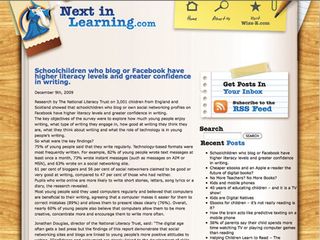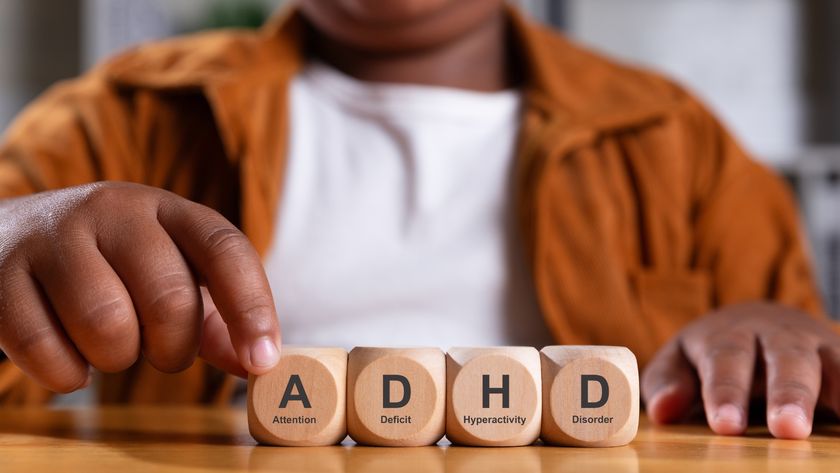Is the internet making us stupid?
How we seek breadth of information, and sacrifice depth
Dr Small and his colleagues at UCLA have found positive results from using technology, particularly with older people. As Dr Small puts it, "Searching online may be a simple form of brain exercise that might be employed to enhance cognition in older adults." But there's an important caveat.
"The problem is that it tends to create this staccato quality of thought, where you jump from idea to idea as you jump from site to site. You get a lot of breadth of information, but you sacrifice depth."
The British Library study focused purely on scholars – that is, people with an interest in the things they were researching – but even they had magpie minds. "The figures are instructive," the report says.

CIBER STUDY: The British Library's CIBER study found that short attention spans weren't just for kids
"Around 60 per cent of e-journal users view no more than three pages and a majority (up to 65 per cent) never return … It's clear that users are not reading online in the traditional sense, indeed there are signs that new forms of reading are emerging as users 'power browse' horizontally through titles, contents pages and abstracts going for quick wins. It almost seems that they go online to avoid reading in the traditional sense."
The British Library study revealed another concern: "The speed of young people's internet searching indicates that little time is spent in evaluating information, either for relevance, accuracy or authority. Researchers have similarly found young people give a consistent lack of attention to the issue of authority. In one study, many teenagers thought if a site was indexed by Yahoo it had to be authoritative."
Good tech, bad tech
Get daily insight, inspiration and deals in your inbox
Sign up for breaking news, reviews, opinion, top tech deals, and more.
So are we raising a generation of internet-addled kids with zero attention spans? Perhaps not. The study of 3,001 English and Scottish schoolchildren by the National Literacy Trust found that children who blog or post on social networks "have higher literacy levels and greater confidence in writing", with 61 per cent of bloggers and 56 per cent of social networkers claiming to be "good or very good at writing" compared to 47 per cent of nonblogging, non-networking children. "Pupils who write online are more likely to write short stories, letters, song lyrics or a diary," it reports.

ANOTHER STUDY: The National Literacy Trust found that children who write blogs and get involved in social networking tend to be more literate and more likely to write for fun
Technology isn't good or bad; it just is. When we use it wisely it improves our lives, and the very distractions that ruin our attention span also make us amazingly good at juggling massive amounts of information.
"That's why we love it and use it," Dr Small says, "because it really enhances our lives … for the most part it's not going to harm us as far as we know, but I do think there are these subtler effects to which some people are more sensitive.
Some people do have problems, some people are addicted, and some people find it interferes with their lives. The issue is: how do we maximise the benefits and avoid some of the potential risks?"
Writer, broadcaster, musician and kitchen gadget obsessive Carrie Marshall has been writing about tech since 1998, contributing sage advice and odd opinions to all kinds of magazines and websites as well as writing more than a dozen books. Her memoir, Carrie Kills A Man, is on sale now and her next book, about pop music, is out in 2025. She is the singer in Glaswegian rock band Unquiet Mind.












